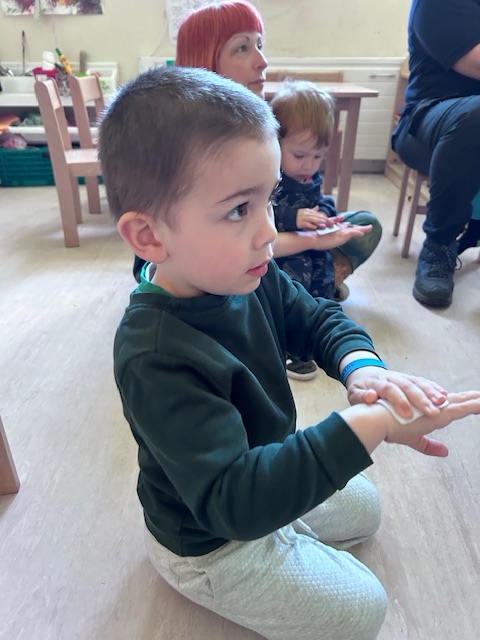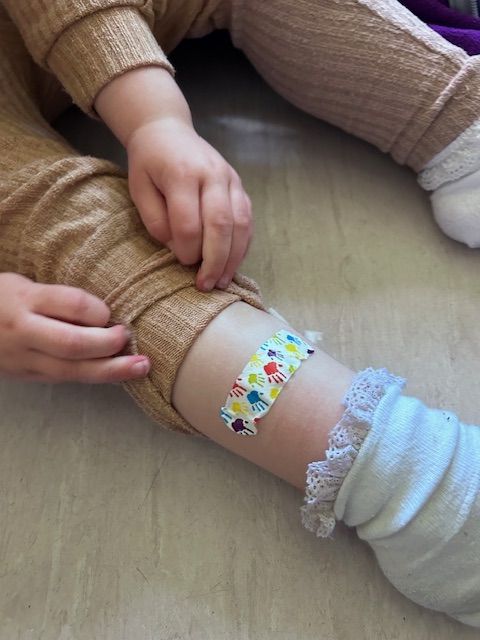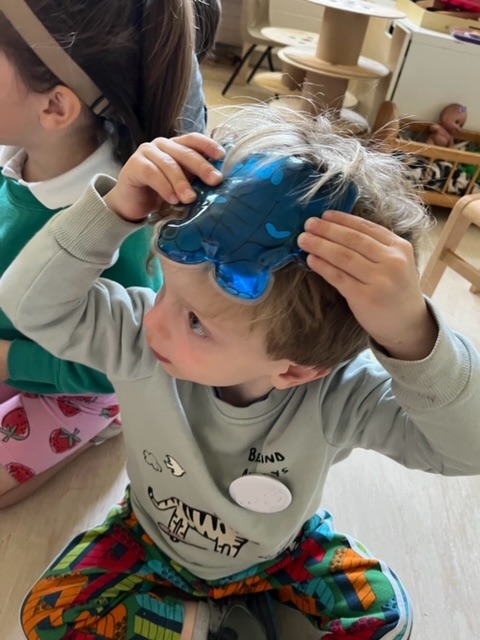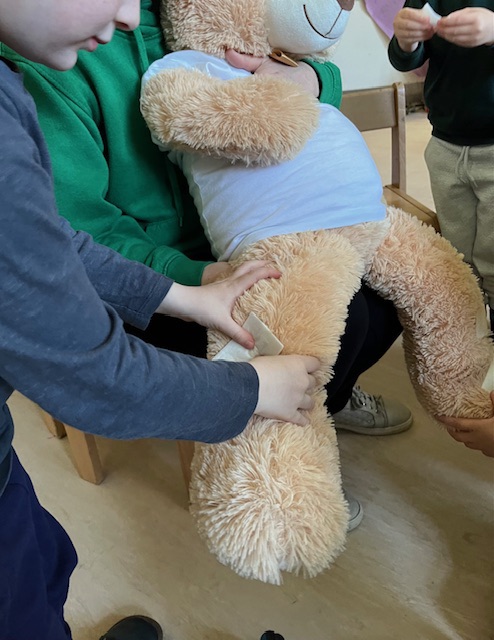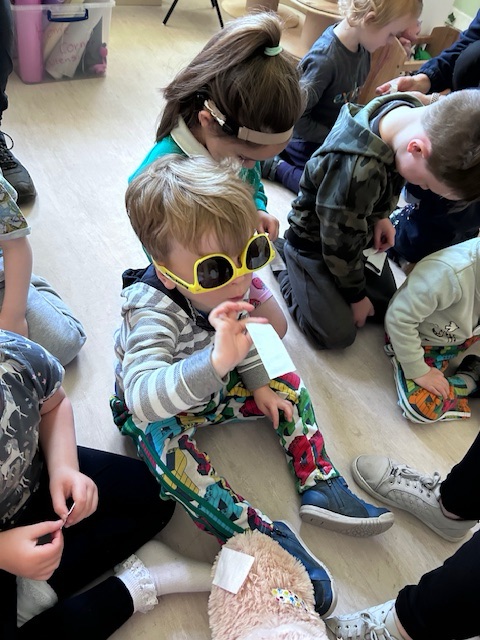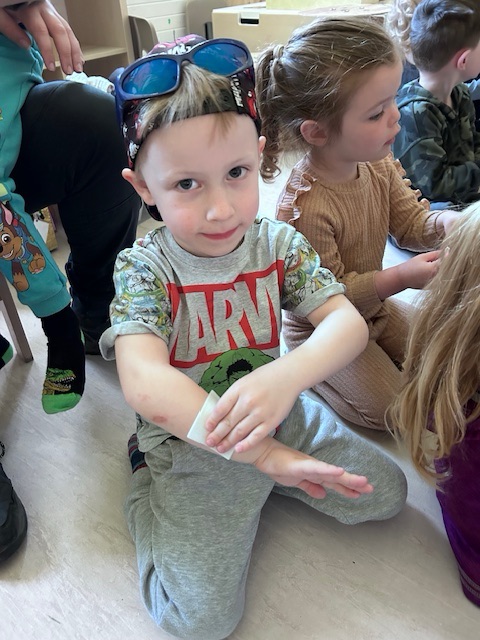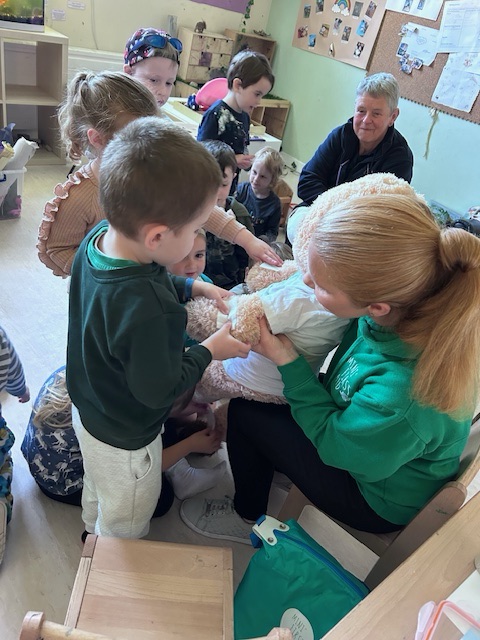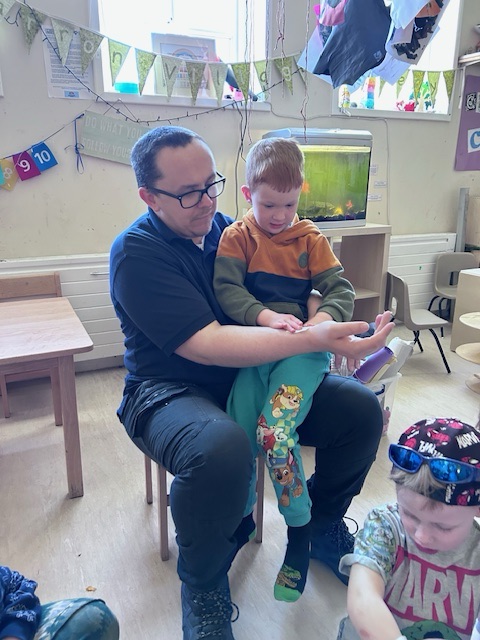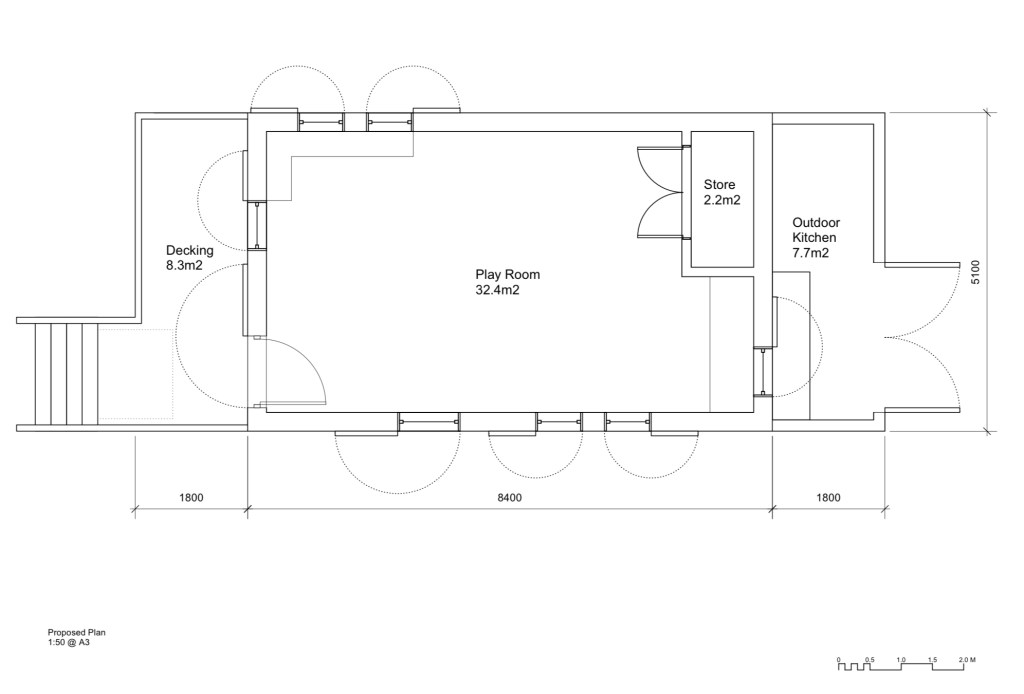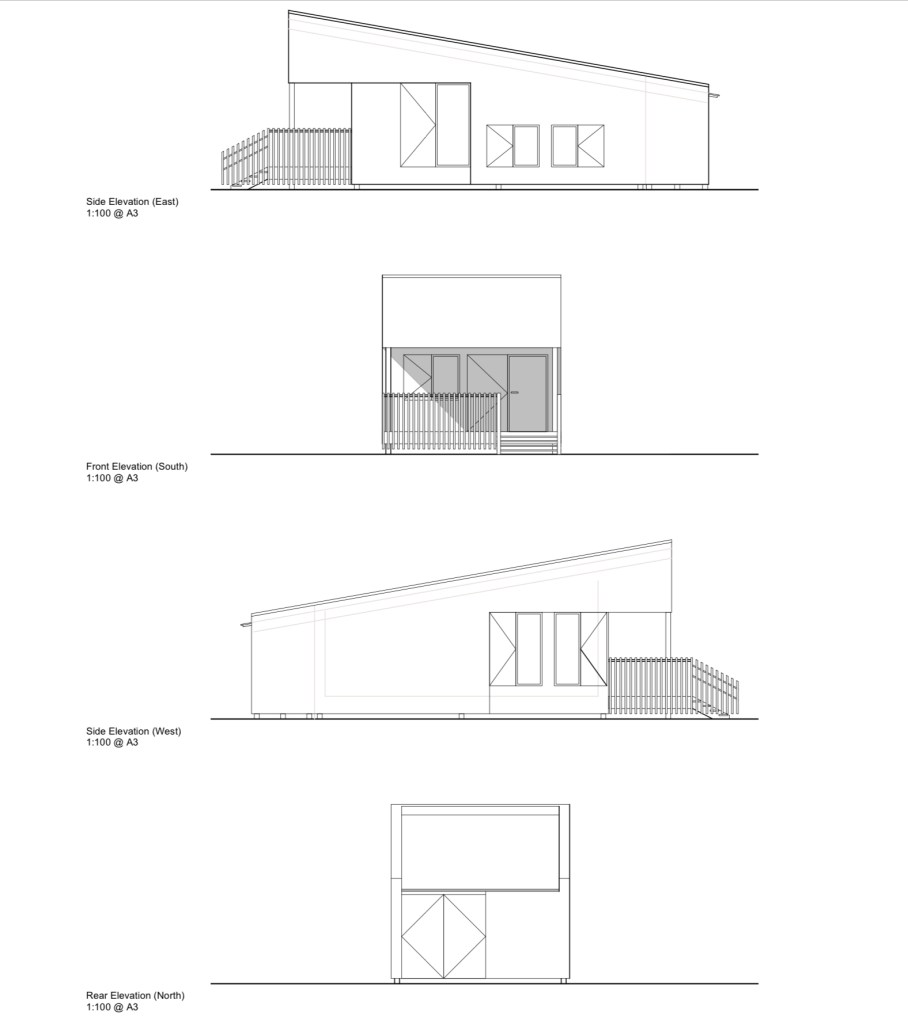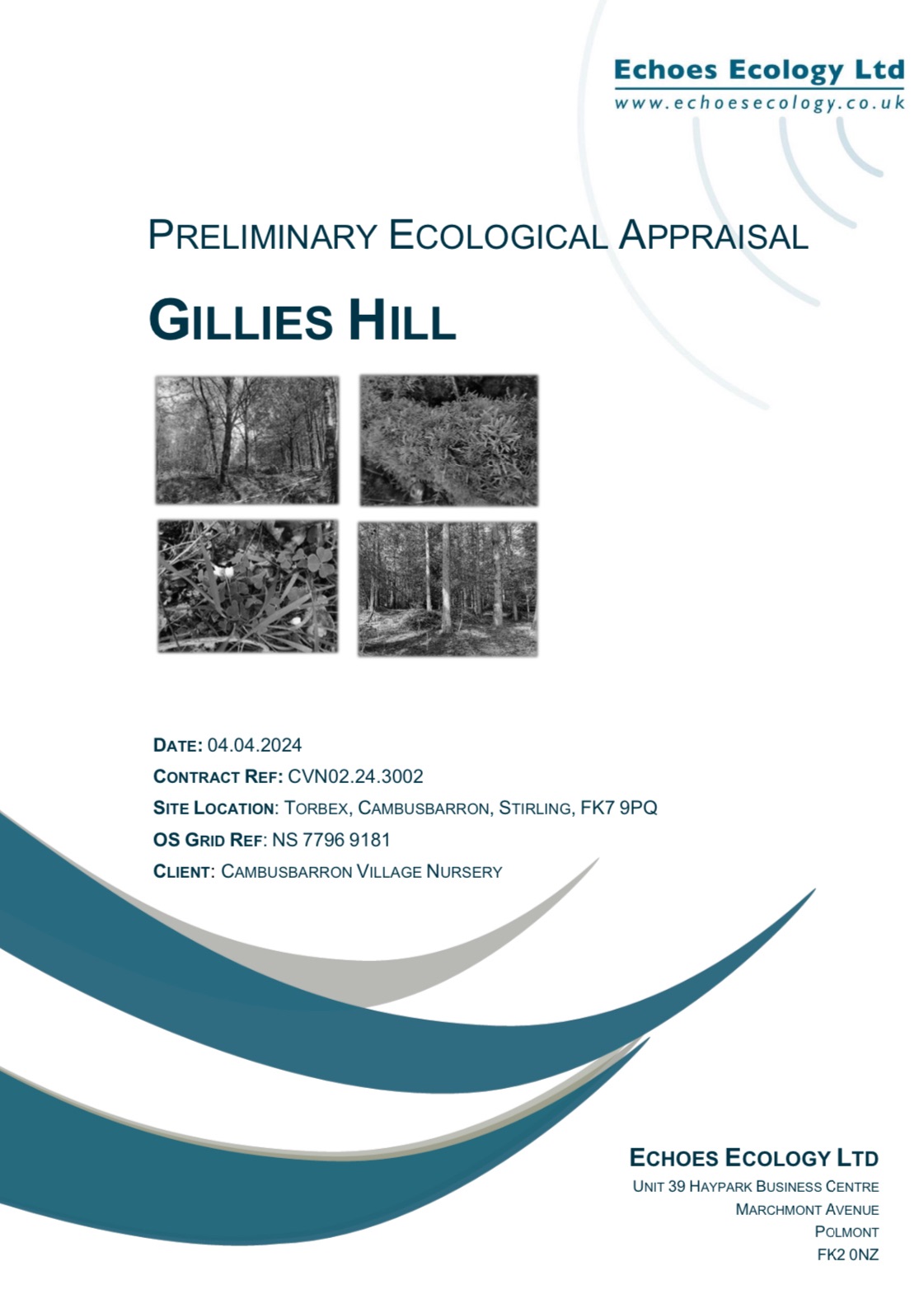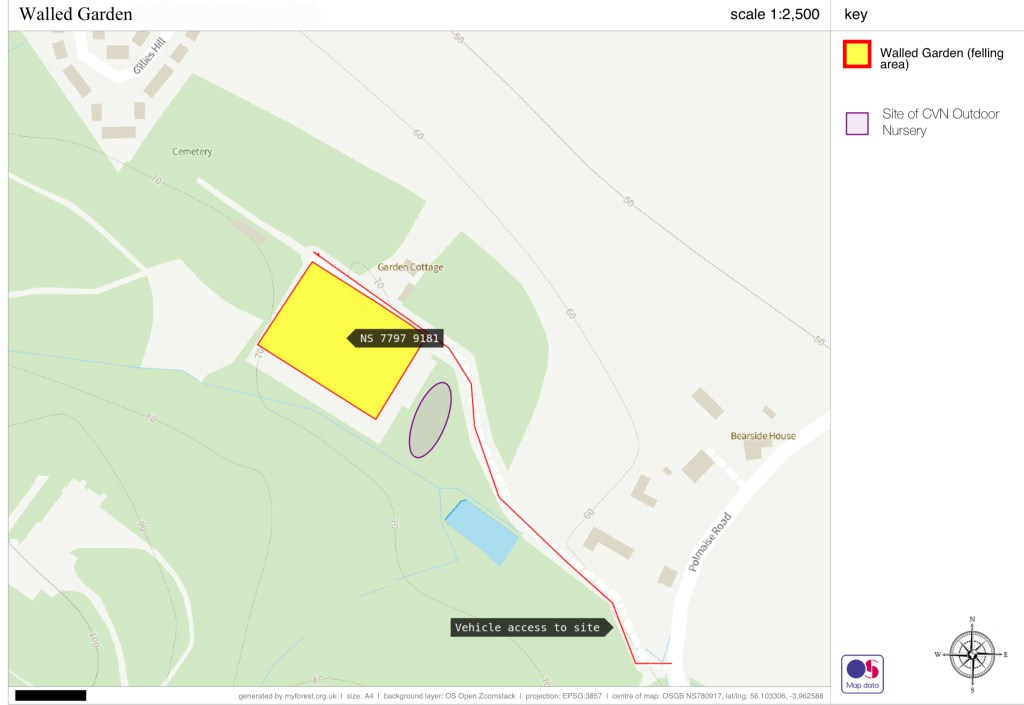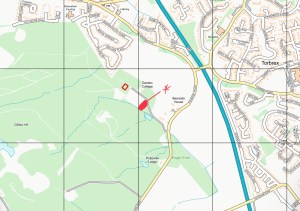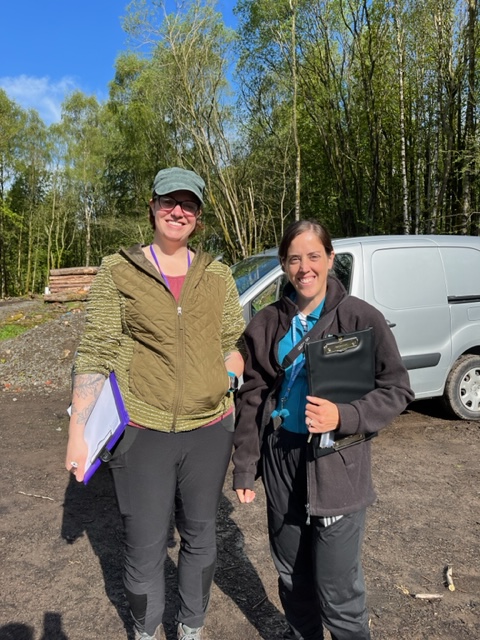During woodland play sessions children may be exposed to ticks as they are commonly found in woodland, moorland, grassland and parks. Ticks can sometimes pass on diseases such as Lyme disease and Tick-borne encephalitis to humans. Not all ticks are infected and, if they are removed quickly and safely, the chance of illness is greatly reduced.
We strongly recommend that children wear long sleeved tops and trousers as they not only reduce the risk of tick bite they also protect against nettle stings, scrapes and scratches.
If a member of staff notices that a child has a tick during a nursery session we will contact parents to let them know. Parents should take steps to remove the tick as soon as possible. We also recommend that parents check for ticks routinely and, if found, remove as soon as possible. The safest way to do this is to use a tick removal tool commonly available in most outdoor shops and chemists.
Please see our Woodland Play Handbook (page 17) for more information. The following information and guidance may also be useful :
NHS Scotland : Tick Bites
Forestry and Land Scotland : Checking for ticks is easy
NHS Scotland guidelines : Current NHS Scotland Guidelines on Lyme Disease
Forestry Commission: Forestry Commission Identifying Ticks
The following YouTube video by a NHS Highland GP shows how to remove ticks safely :


